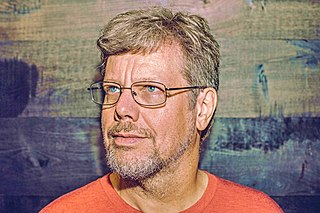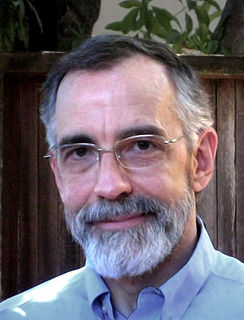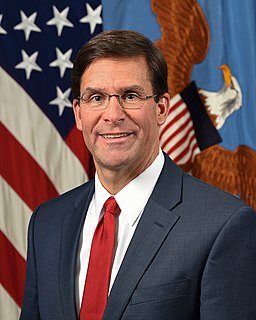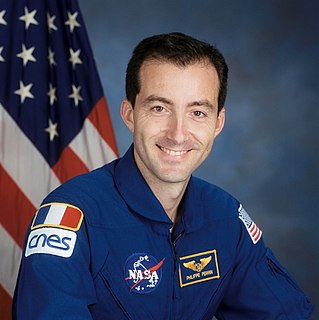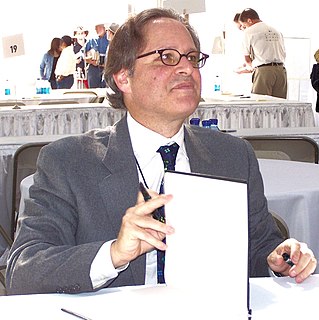A Quote by Guido van Rossum
In my daily work, I work on very large, complex, distributed systems built out of many Python modules and packages. The focus is very similar to what you find, for example, in Java and, in general, in systems programming languages.
Related Quotes
When you choose a language, youre also choosing a community. The programmers youll be able to hire to work on a Java project wont be as smart as the ones you could get to work on a project written in Python. And the quality of your hackers probably matters more than the language you choose. Though, frankly, the fact that good hackers prefer Python to Java should tell you something about the relative merits of those languages.
Wherever we find orderly, stable systems in Nature, we find that they are hierarchically structured, for the simple reason that without such structuring of complex systems into sub-assemblies, there could be no order and stability- except the order of a dead universe filled with a uniformly distributed gas.
My impression was and is that many programming languages and tools represent solutions looking for problems, and I was determined that my work should not fall into that category. Thus, I follow the literature on programming languages and the debates about programming languages primarily looking for ideas for solutions to problems my colleagues and I have encountered in real applications. Other programming languages constitute a mountain of ideas and inspiration-but it has to be mined carefully to avoid featurism and inconsistencies.
One can expect the human race to continue attempting systems just within or just beyond our reach; and software systems are perhaps the most intricate and complex of man's handiworks. The management of this complex craft will demand our best use of new languages and systems, our best adaptation of proven engineering management methods, liberal doses of common sense, and a God-given humility to recognize our fallibility and limitations.
Natural causes, as we know, are at work, which tend to modify, if they do not at length destroy, all the arrangements and dimensions of the earth and the whole solar system. But though in the course of ages catastrophes have occurred and may yet occur in the heavens, though ancient systems may be dissolved and new systems evolved out of their ruins, the molecules [i.e. atoms] out of which these systems are built-the foundation stones of the material universe-remain unbroken and unworn.? They continue to this day as they were created-perfect in number and measure and weight.
Men are noisy, narrow-band devices, but their nervous systems have very many parallel and simultaneously active channels. Relative to men, computing machines are very fast and very accurate, but they are constrained to perform only one or a few elementary operations at a time. Men are flexible, capable of "programming themselves contingently" on the basis of newly received information. Computing machines are single-minded, constrained by their "pre-programming."
